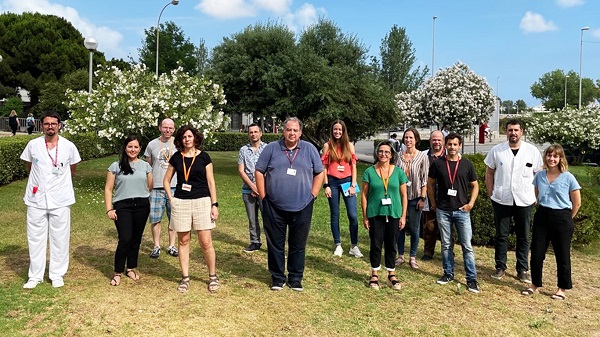Two new variants of the ʻTLR7ʼ gen associated with severe COVID-19 infections in young and healthy men, described

Advanced age, male sex or chronic diseases such as diabetes or obesity have been related to the development of severe forms of COVID-19. Now, a study published in the journal Frontiers in Immunology identifies two new variants of the TLR7 gene that could predispose to severe COVID-19 and would explain why some young men with no clinical precedents undergo severe COVID-19 pneumonia.

Advanced age, male sex or chronic diseases such as diabetes or obesity have been related to the development of severe forms of COVID-19. Now, a study published in the journal Frontiers in Immunology identifies two new variants of the TLR7 gene that could predispose to severe COVID-19 and would explain why some young men with no clinical precedents undergo severe COVID-19 pneumonia.
The study was carried out by the Bellvitge Biomedical Research Institute (IDIBELL), the Catalan Institute of Oncology (ICO), the Bellvitge University Hospital (HUB), the University of Barcelona and Radboud University (the Netherlands).
The team analysed the presence of deleterious variants of the TLR7 gene in fourteen young men -with no clinical history- that needed assisted breathing to treat the COVID-19 infection. The complete sequencing of this gene revealed that two of the patients presented two undescribed genic variants. Also, the brothers (men) of these two patients presented the respective TLR7 variants and had undergone a severe COVID-19 infection.
The results support the use of genetic screening to identify mutations in the TLR7 gen in men without apparent COVID-19 risk factors. This team from IDIBELL, ICO, Hospital de Bellvitge, and the University of Barcelona has received funding from La Marató de TV3 2020 to study risk factors associated with severe COVID-19.
